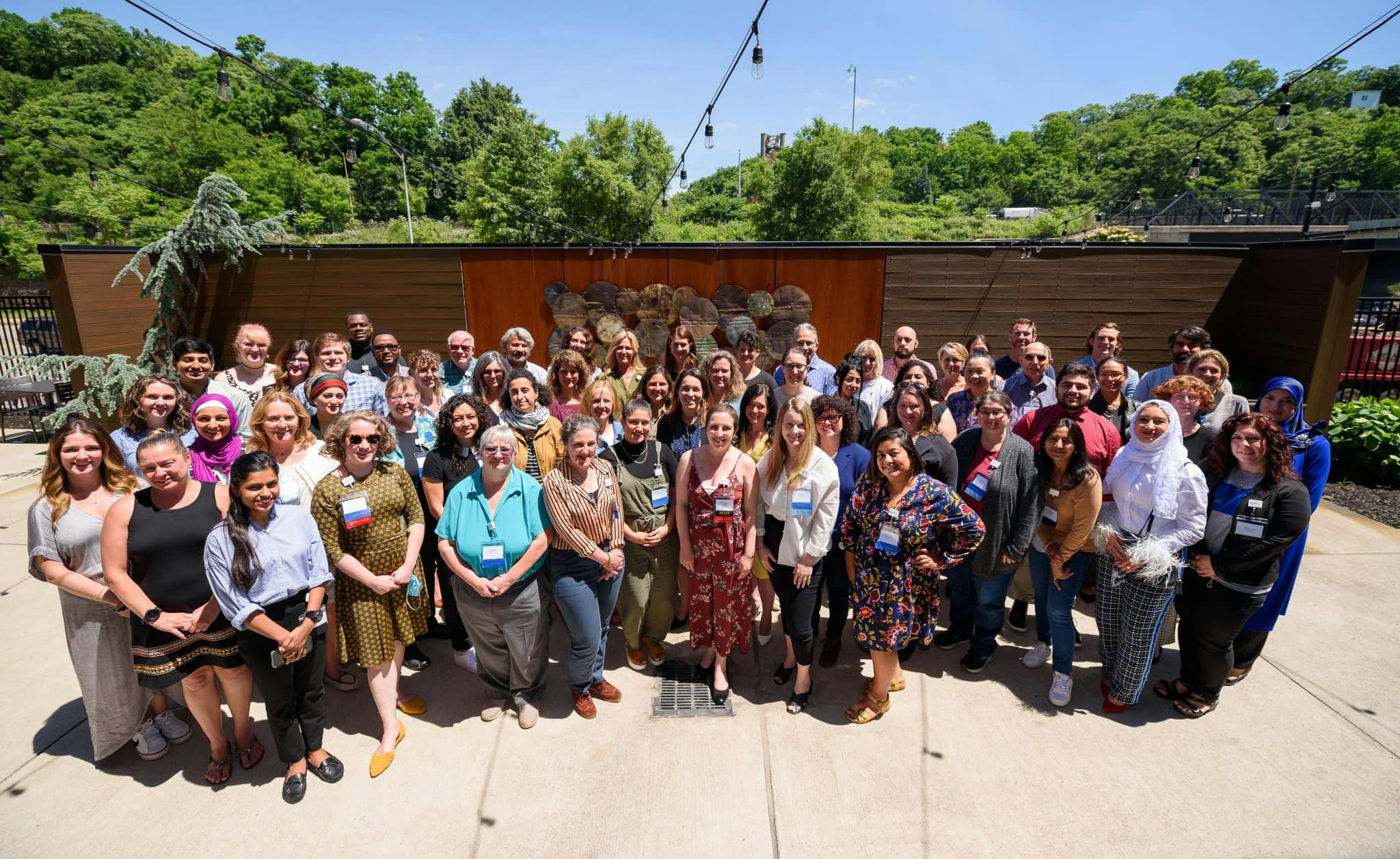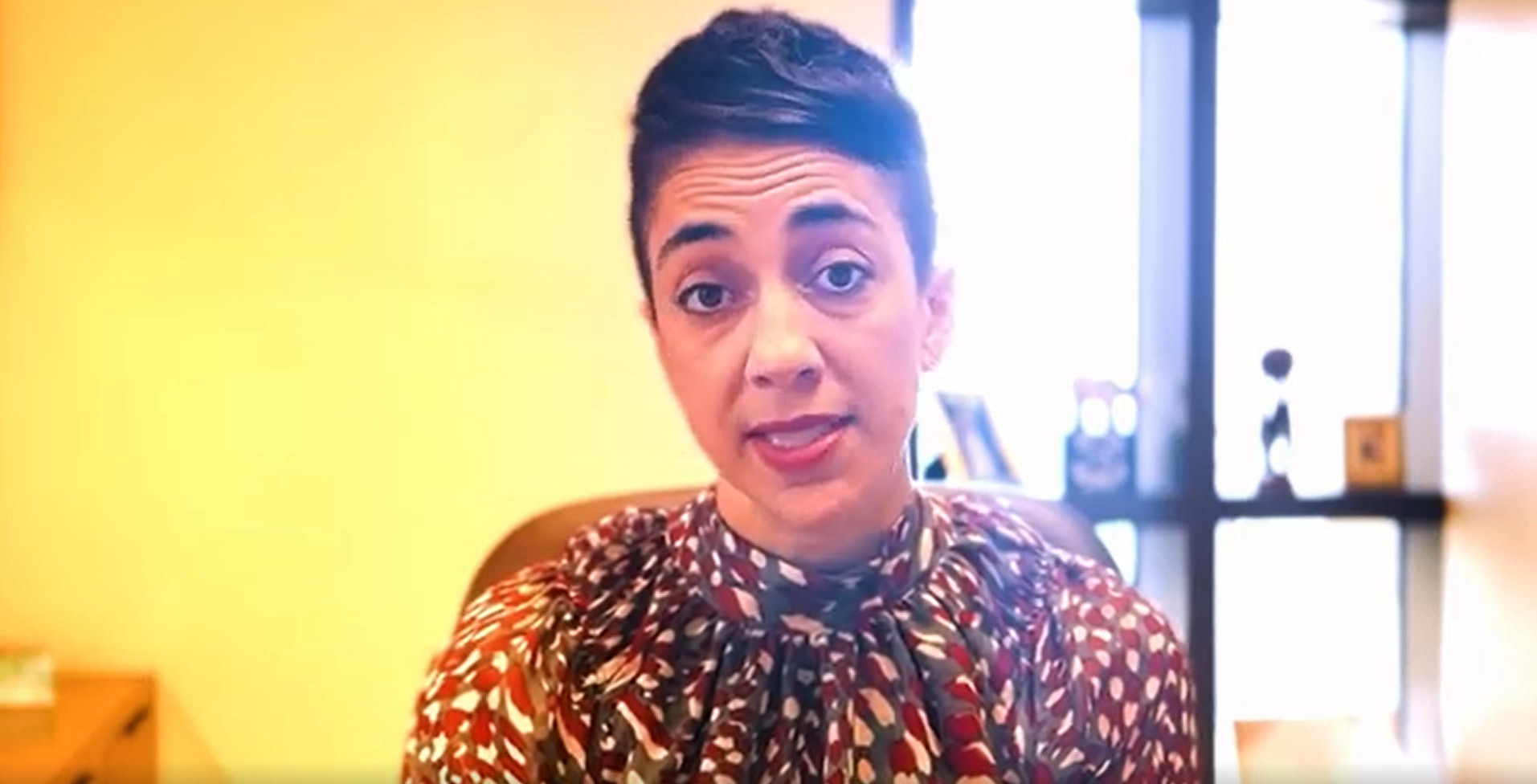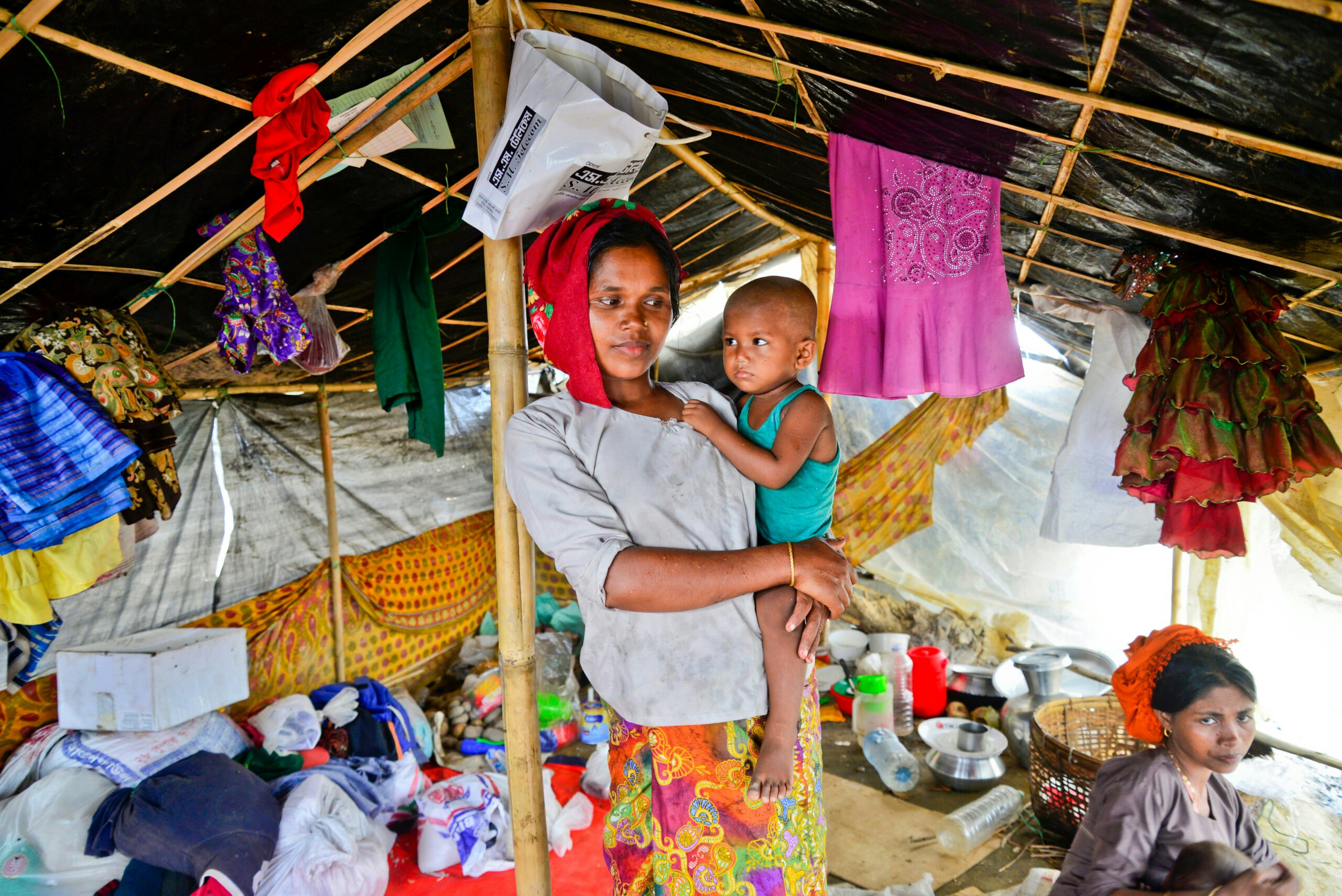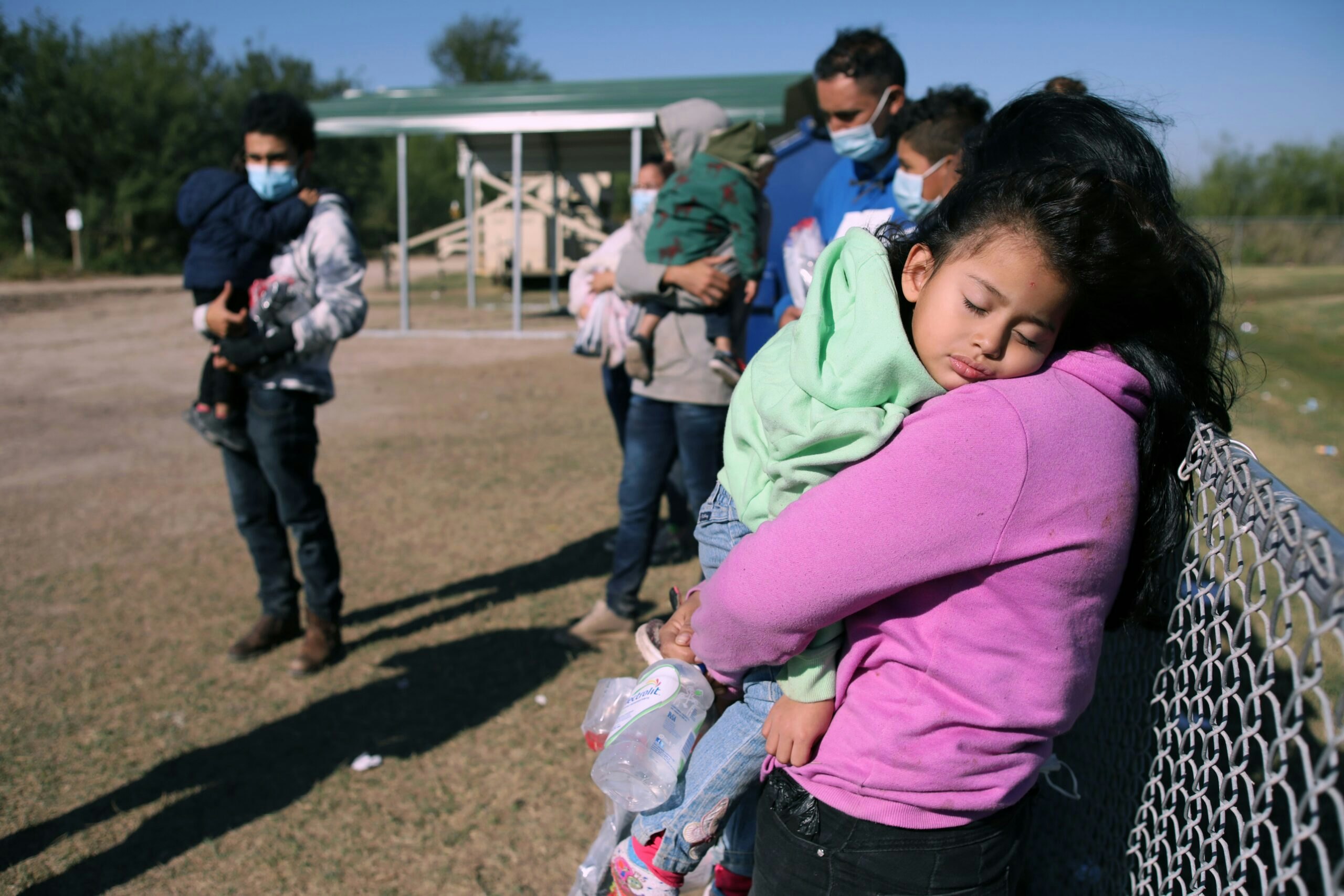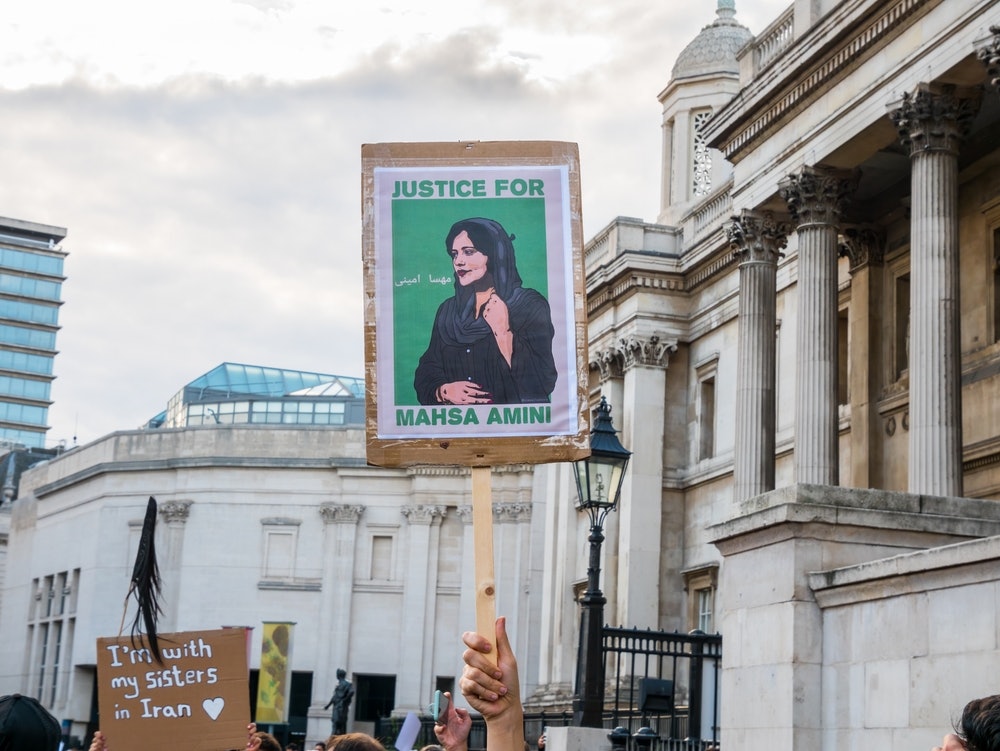This week’s Global Women’s Network summit showcases effective solutions that are improving the lives of women and girls globally....
This week’s Global Women’s Network summit showcases effective solutions that are improving the lives of women and girls globally.
Magnus MacFarlane-Barrow, the Founder and CEO of Mary’s Meals International, will take part in a panel session on Tuesday focused on education and expanding opportunities for girls. The vision behind Mary’s Meals is that every child receives one daily meal in their place of education. Learn more about the organization’s founder and his vision for their work in this Bush Institute Q&A with Magnus MacFarlane-Barrow.
How has the development of local and regional partnerships benefited in your work? Can you give an example of how it’s supported your campaign or addressed the issue of malnutrition and educational access?
Our close collaboration and strong partnerships with members of local communities are fundamental to the success of our school feeding programs. The Mary’s Meals delivery model is entirely dependent on the active involvement of many thousands of volunteers including teaching staff in the schools, community leaders, parents and other community members. Volunteers take responsibility for the local management and delivery of the program as they believe so passionately in its importance for their children.
Once the food is delivered to the schools, the school staff and volunteers take ownership of the program and they are responsible for organising volunteer rotas, preparing the food and serving it to the children. In Malawi alone, our work is supported by 65,000 volunteers.
During our regular monitoring visits to the schools, we are constantly approached by parents, community leaders and other volunteers who thank Mary’s Meals personally for the help we are giving to their children. For example, Ellen volunteers as a cook at the school her grandchildren attend in the Thyolo district of Southern Malawi. Ellen told us that it was a great relief when Mary’s Meals came to the school and added: “Education is everything. A person can’t get very far in life if they can’t read or write. We had a lot of malnourished children in this community, but now the children no longer refuse to come to school because they can eat.”
By directly addressing chronic hunger among children, Mary’s Meals’ school feeding program brings measurable change to impoverished communities by reducing classroom hunger, and increasing engagement and progression within primary education. Our meals are provided free of charge and are available to every child enrolled at the schools. This has an enormous impact in enabling marginalised children to attend school, particularly girls.
Our work in our other country programs in Liberia, Zambia and Kenya is also strongly supported by governmental partners at every level – national, regional, district and local. In other countries we have established robust partnerships with other organizations to reach the most vulnerable, marginalized children living in remote and forgotten areas. For example, our partners in Haiti enable us to reach highly vulnerable children living in violent slum areas. While, in South Sudan, our partners enable us to reach chronically hungry children in very remote areas affected by tribal conflict and civil war.
By working closely with our many partners, we are now feeding over one million children every day they attend school in 12 countries throughout the world.
Why is addressing child malnutrition and community empowerment important to the conversation you’ll be participating in at the Global Women’s Network on education?
Mary’s Meals has a proven track record of promoting gender equality and our school feeding program actively enables girls to go to school. All around the world, children have grown up receiving Mary’s Meals every school day. I have had the pleasure of meeting many educated young women who are now in paid employment or further education who tell me that they would not have been able to go to school at all had it not been for Mary’s Meals.
Within impoverished communities, girls are often less likely to go to school because of deep-rooted cultural opinions and practices. Families living in extreme poverty face multiple daily challenges and a girl’s contribution to the household may be seen as essential for survival. Therefore girls are often required to help with household work, take care of their siblings or to marry early rather than complete their education.
Mary’s Meals provides a social safety net for families affected by chronic hunger. Our school meals are very nutritious and families send their children to school – boys and girls alike – safe in the knowledge that they will receive something to eat there. Our recent research among a sample of schools we support in Malawi demonstrates that one year after the introduction of feeding, enrolment increased by 36 per cent. Girls currently represent 50.5 per cent of all children in schools in our Malawi programme and 50.6 per cent in Zambia. In Liberia, which is ranked third worst in the world for the number of girls out of school (UNESCO), girls represent 49 per cent of the total enrolment in the schools supported by Mary’s Meals.
The volunteer training provided by Mary’s Meals empowers members of the local community to become actively involved in the delivery of our program. The training has particular emphasis on the importance of education for girls. As the majority of our local volunteers are mothers of the children in the schools, they become enthusiastic about ensuring their daughters and female relatives have the opportunity to attend school. This has positive implications throughout the generations as an educated woman will almost certainly send her daughters to school.
You were recently named one of Time magazine’s Most Influential people. As a social impact innovator: What is your advice for young people looking to contribute to important development challenges around the world?
I think everyone can play a part in so many different ways, supporting initiatives that aid development and address global poverty. For those who want to dedicate themselves to working in this field, it is really important to listen and learn before jumping in. Too often we have a tendency to try and reinvent the wheel – so it’s good to learn what others are already doing effectively.
At the same time, it’s also important to sometimes challenge the perceived wisdom and be courageous enough to do something innovative. And with your heart – not just your head!
There are so many important ways to effectively address the issues that trap people in poverty, so don’t be put off by people who have worked in development for a long time and sound like they already have all the answers. No one has. Most importantly of all, listen attentively to the people in those impoverished communities that you aim to help. That is where most of the answers, solutions and inspirations are to be found.
Why is it important for innovators to convene at events like the Global Women’s Network?
I believe that Mary’s Meals is powered by many little acts of love. No single individual can be credited for our work as a great many people have contributed in so many different ways to the extraordinary story of Mary’s Meals. Similarly, by working together at events such as the Global Women’s Network, I believe we can create something much bigger than the sum of our individual efforts.
This Network provides a wonderful opportunity for lots of people in different situations around the world to convene and share ideas about how we can resolve key issues – issues such as how we can empower girls through education. This is a fantastic forum to recognize the value of investing in women and girls and to share knowledge that may improve the way we all work in future.
From Burma to Haiti to Malawi, your program model has been replicated in communities around the globe, successfully reaching over 1 million children a day through school feeding programs. What have you learned from your program’s global growth and why is sustainability important to program development?
During the past thirteen years, we have continually developed and refined our approach to reach as many children as we can, in the most efficient, effective and sustainable way. We can demonstrate that our approach can be applied effectively almost anywhere in the world where hunger acts as a barrier to children’s learning.
One of the most important things I have learned from our work is the extraordinary generosity and innate goodness of people. Mary’s Meals has inspired tens of thousands of people across the world to become part of a movement that could one day mark the end of child hunger. People help in so many different ways, through giving money, goods, skills, time or prayer. Most of the volunteers providing meals at schools are dedicated parents, grandparents, aunts and uncles who will always believe in the importance of being able to feed their own children at school. Ultimately this is right at the heart of Mary’s Meals and is the most sustainable aspect of all of our work.
Mary’s Meals is recognised for our expertise in the delivery of community-based school feeding programs and an integral part of our delivery model is to deliver intensive training to government representatives and officials. Mary’s Meals has developed an efficient and effective best practice model that can be replicated by governments in the long term. Mary’s Meals will continue to provide support to governments as long as necessary until they are able to implement their own school feeding programs.
The wonderful legacy of Mary’s Meals results from our long-term commitment to the children we support. In many ways, I think it is the children themselves who represent our greatest hope for sustainability. Our approach invests in the future of impoverished children, enables them to develop their potential, and become adults who will make a great impact in lifting their communities and their country out of poverty one day.
The lasting legacy from the work of Mary’s Meals will be generations of men and women who are strong advocates for the benefits of education, particularly for girls.














